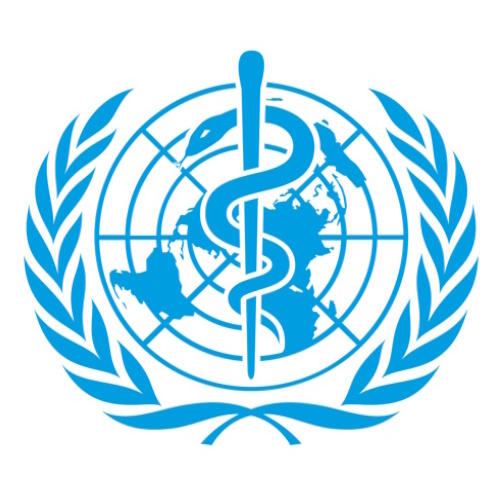Key points from article :
The European Centre for Disease Prevention and Control (ECDC) has updated its guidelines for travelers to Africa, recommending vaccination against mpox due to outbreaks of a new strain, Clade 1b.
This strain has killed over 450 people in the Democratic Republic of Congo (DRC) and appears to spread more easily and cause more severe illness than previous types. Known as mpox, the disease can spread through close physical contact, including sexual contact, as well as by touching infected items like clothing or bedding, or through coughs and sneezes from an infected person.
The ECDC also suggests that those previously vaccinated against mpox may only need one booster dose instead of two. It advises regular booster doses every two to ten years for those at continued risk of exposure. While effective vaccines are available, there are concerns about limited vaccine distribution, leaving some of the highest-risk regions under-protected.
The World Health Organization (WHO) recently declared the mpox situation a global emergency, although the ECDC considers the risk of widespread transmission in Europe low. However, cases could still arise in Europe and other regions due to travel. A recent case in Sweden, acquired during travel in Africa, underscores the importance of vigilance.
Experts urge public health authorities to prepare for quick identification and response to potential cases to prevent further spread. ECDC expert Pamela Rendi-Wagner notes that the close links between Europe and Africa mean Europe should remain ready for imported cases. This new strain, Clade 1b, presents challenges distinct from the milder Clade 2, which caused a public health emergency in 2022. Clear guidelines and vigilance are essential to protect those at risk and control the spread of this emerging threat.







